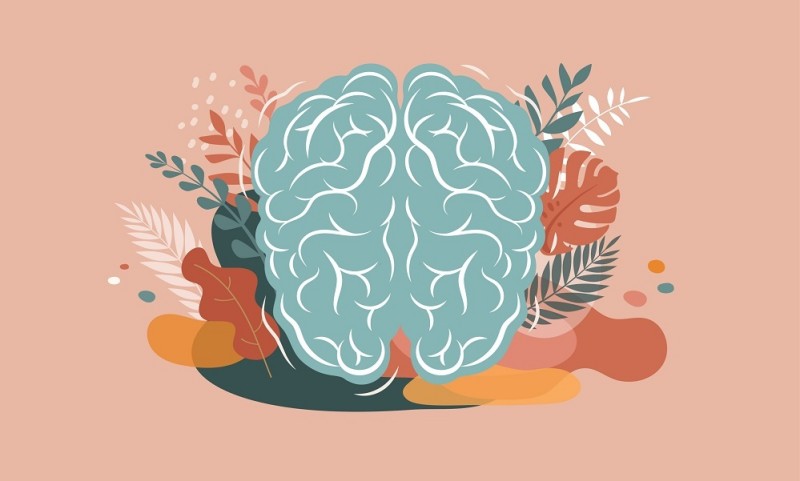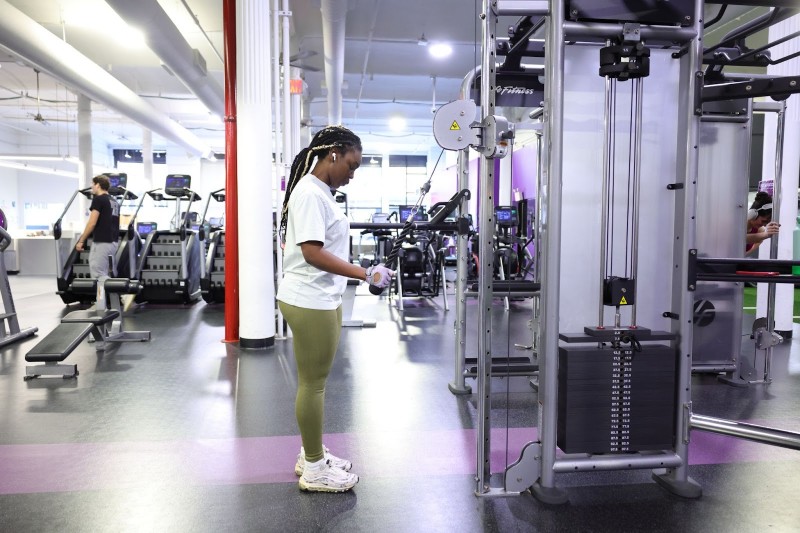Every day, your gut plays a crucial role in keeping you healthy. However, various factors can lead to gut inflammation, a condition that may significantly affect your overall well-being. This article will delve into the common causes of gut inflammation and provide some actionable tips to help you maintain a healthy, balanced gut.
The primary cause of gut inflammation is an imbalance in the gut microbiota, often referred to as dysbiosis. This imbalance between beneficial and harmful bacteria can lead to inflammation and damage to the gut lining, contributing to various health issues. A 2022 study published in the Journal of Nutritional Health highlighted the link between gut dysbiosis and increased gut inflammation.
Another major cause of gut inflammation is poor diet. Consuming high amounts of processed foods, sugars, and unhealthy fats can promote harmful bacteria’s growth, leading to inflammation. On the contrary, a diet rich in fruits, vegetables, lean proteins, and healthy fats can support a balanced gut microbiota and help reduce inflammation.
Chronic stress is also responsible for gut inflammation. A 2024 study from the Stress and Health Research Institute demonstrated that prolonged stress could alter gut bacteria, leading to inflammation. Hence, managing stress through mindfulness practices, regular exercise, and adequate sleep is crucial for maintaining gut health.
Furthermore, certain medications, such as antibiotics and non-steroidal anti-inflammatory drugs (NSAIDs), can disrupt the gut microbiota and cause inflammation. While these medications are often necessary, it’s important to discuss their potential side effects with your healthcare provider and explore options for minimizing their impact on your gut health.
So, how can you manage gut inflammation? Firstly, focus on consuming a balanced diet that supports your gut health. Include probiotic-rich foods like yogurt, kimchi, and sauerkraut in your diet. These foods help replenish the beneficial bacteria in your gut, reducing inflammation.
Secondly, engage in regular physical activity. Exercise can help stimulate the growth of beneficial gut bacteria, promoting a healthy microbiota and reducing inflammation. Aim for at least 30 minutes of moderate-intensity activity most days of the week.
Lastly, consider taking a probiotic supplement. Probiotics can help restore your gut’s healthy bacteria, especially if you’ve recently taken antibiotics or other medications that disrupt your gut microbiota. However, it’s always best to consult with your healthcare provider before starting any new supplement regimen.
Understanding the causes of gut inflammation is the first step towards managing it effectively. By making mindful choices about your diet, stress management, and medication use, you can support your gut health and help prevent inflammation. Remember, a healthy gut contributes to a healthy you.












 : eval()'d code(1) : eval()'d code(1) : eval()'d code(1) : eval()'d code</b> on line <b>2</b><br />
https://mindbodyfuell.com/wp-content/themes/baobao/default.jpg)
